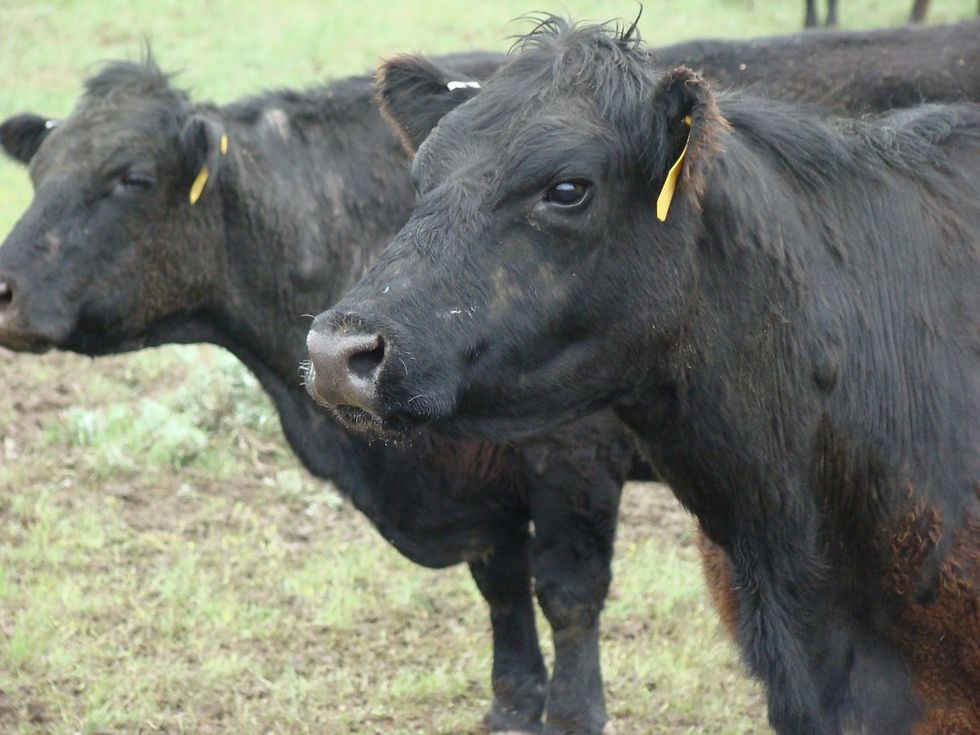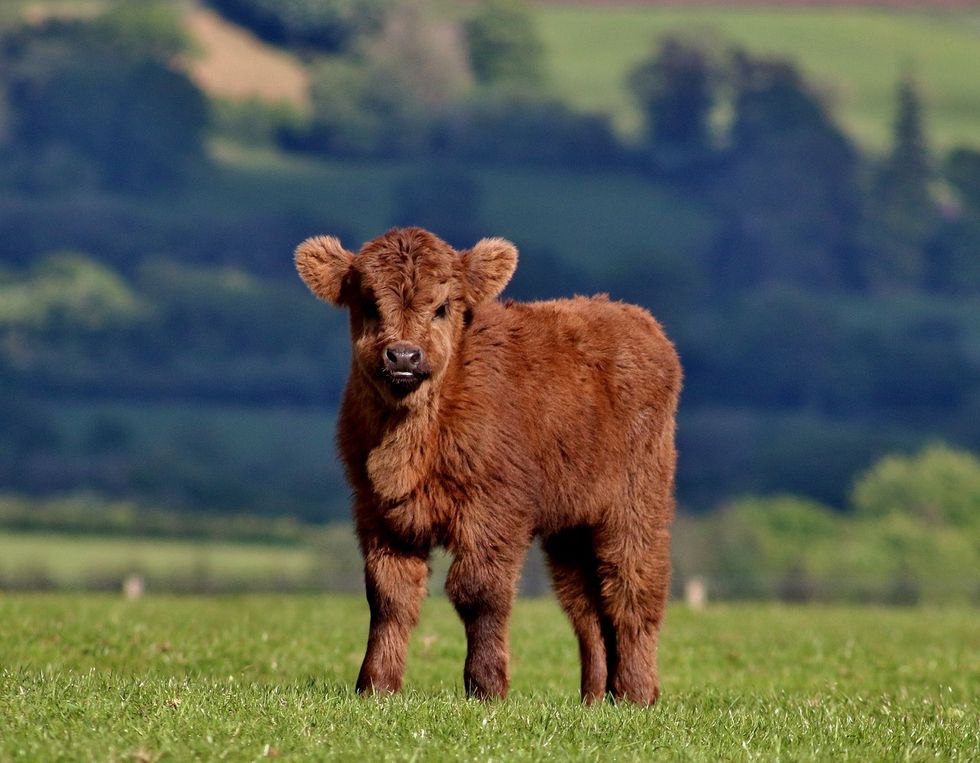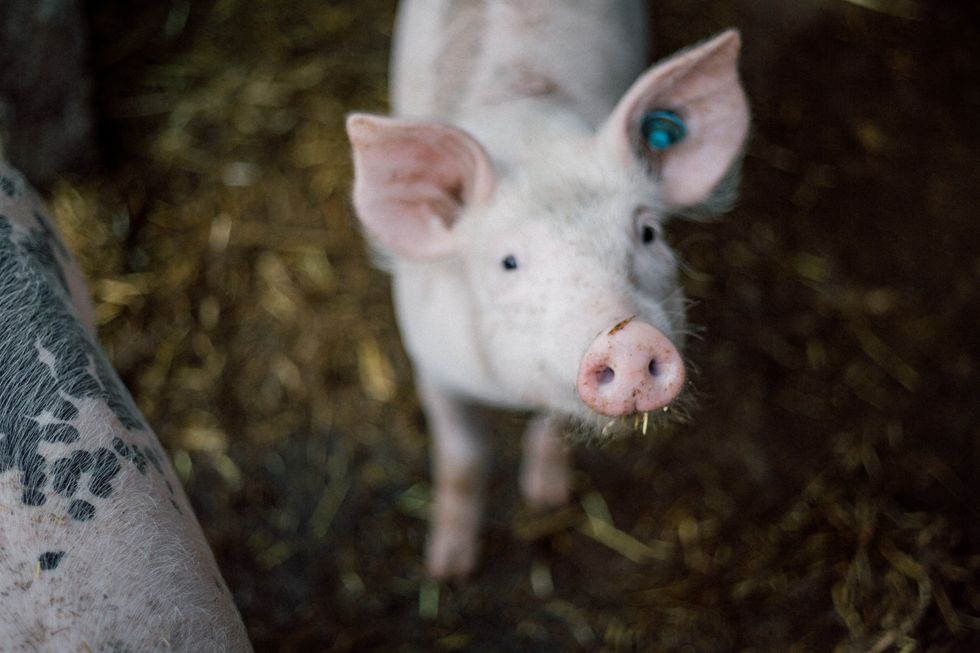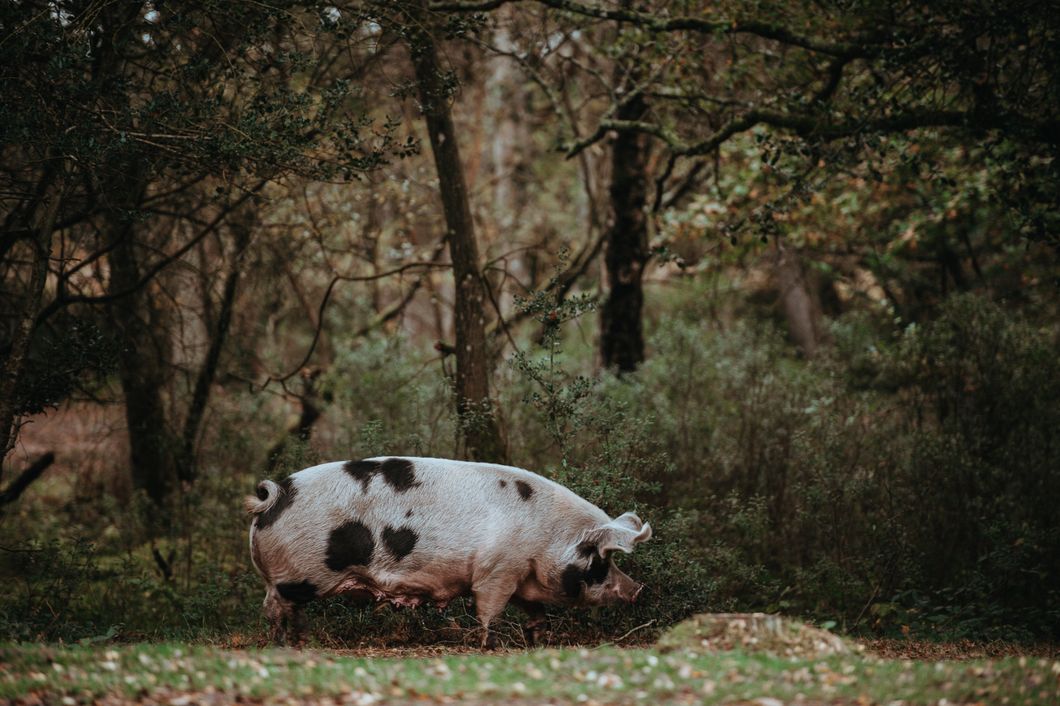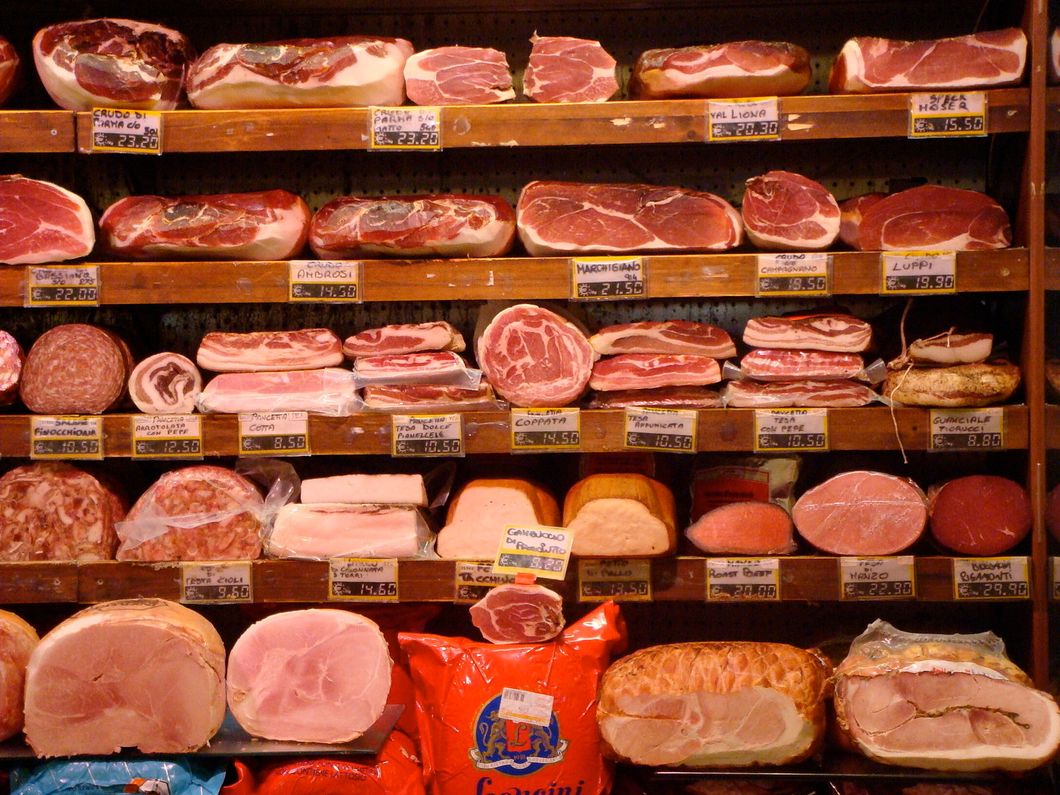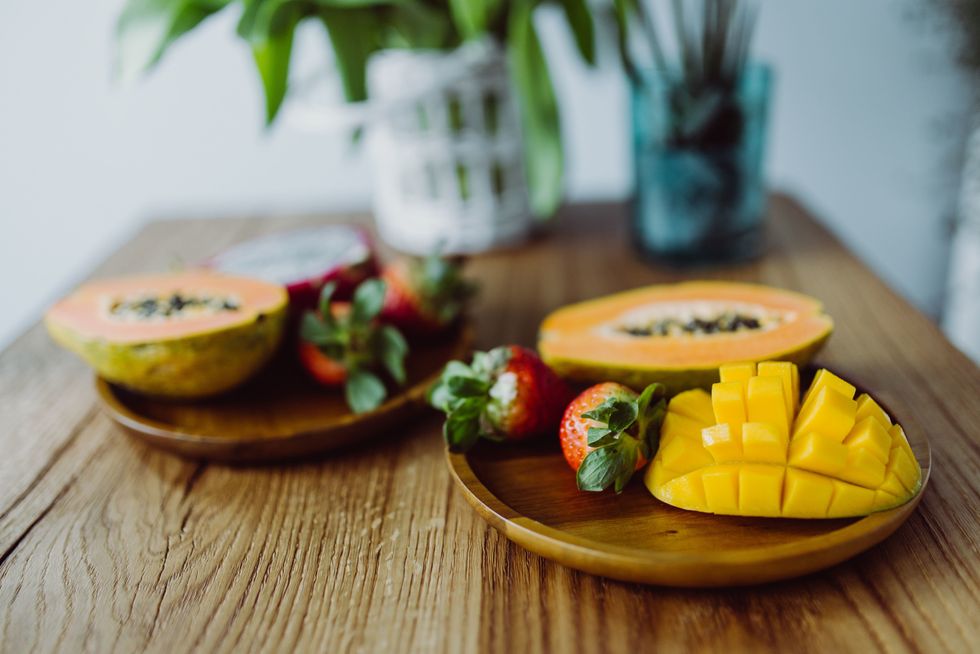Giving Up Meat WON'T Save The Planet, Buying Local Will
Supporting local farms and ranches is a great way to enjoy that burger without a large environmental impact.
Our planet is in danger. The damage done to our planet since the industrial revolution has put us on a fast track to irreversible climate change. With this in mind, many have started their own self-revolutions against the things that harm our planet — everything from daily recycling to going totally off-grid and creating self-sustaining houses and lifestyles.
One big trend that has come from the worries of our endangered planet is going meatless, either through total dietary changes such as vegetarianism or veganism or through small changes like Meatless Mondays.
The meat industry accounts for a lot of pollution. Production and transportation of livestock pump hundreds of millions of metric tons of greenhouse gasses into the atmosphere, an amount that increases with the global population as meat consumption is a dietary staple for most cultures. Plus, raising livestock involves much more water consumption than plant-based farming — an issue facing those with water uncertainty.
So, should we all give up meat?
I was raised in a ranching community. My grandparents own and operate a cattle ranch and I actually own a few head of cattle myself, selling calves each fall to help pay for my college education. Ranching is the livelihood for families across the world and keeps small communities like my hometown afloat.
I was raised on a staple diet of meat and potatoes, as are many across the Midwest. My family has never had to buy beef from a grocery store — we raise, slaughter and process our beef and most meats in the region (chicken, pork, etc.) are raised and transported closely.
That's the key — eating locally.
Most local ranches don't run the high amount of cattle seen at commercial feedlots and local meat, which means little to no transportation impacts — no giant semi trucks driving hundreds of thousands of miles to deliver your hamburger. You can find local meats most anywhere. And while it may be a bit more expensive than a bag of Tyson chicken nuggets, it does far less damage to the planet and supports local business and families rather than corporations.
While going totally meatless will also greatly reduce your carbon footprint, don't forget that plant-based diets also come at a cost to the environment. And while that cost may be smaller it is still something to consider when deciding how to better your lifestyle for the planet's benefit.
The real tea is that normal people like you and I aren't to blame for the state of our planet.
Pretending that average people caused the state of the world is absurd. Most studies have found that the majority of global emissions come from a handful of companies, not people who eat meat or don't drive a hybrid. While lifestyle changes can be great self-care and can make local impacts, in order to enact a real change we have to elect eco-friendly politicians and advocate for smarter, more sustainable practices from large companies.
In short, you can keep eating meat and still be environmentally friendly, just opt for local meats (and all local groceries!).
Let your local, state and government representatives know that you care about the planet and want companies and corporations held responsible for their actions in regards to emissions and pollutions. And, if you're looking for ways to incorporate sustainable companies and products into your life, check out this list from Ashlee Piper (and check out her book, "Give a Sh*t: Do Good. Live Better. Save the Planet.").
If going meatless is your way of being green, go for it! For those on the fence, know that you don't need to give up your hamburger to make your lifestyle more eco-friendly!

